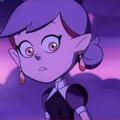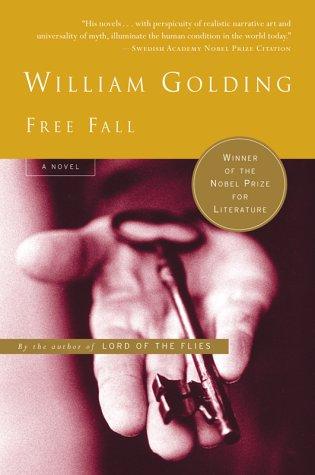Orlion reviewed Free Fall by William Golding
Review of 'Free Fall' on 'Goodreads'
5 stars
More accessible than the Inheritors, not nearly as bleak as Pincher Martin, Free Fall begins to show the fruits of William Golding's experimentation after The Lord of the Flies, a labor that will eventually win him the notice and recognition of the Nobel Committee.
In this novel, the narrator ponders when he lost his "free-will", essentially: at what point in his life did he make a leap such that he is stuck in "free fall" unable to choose the course of his fate? The narrator is young, or rather the space in the novel can not exceed more than his first 28 years of life, but I'm not sure if this could be termed a bildungsroman. There are a lot of dialectics at play here, the most notable being rational/religious, forgiveness/guilt and, of course, freedom/set-course. And quite a bit of talk about the taste of potatoes.
Sammy's story does not flow chronologically, but rather in the way time flows in memory. This means that yes, Event A caused Event B, but you may consider Event G before arriving the other two, even as you see the influences of what came before on what came after. This demonstrates Golding's masterful structuring, but also will cause some confusion initially as you here about a person that has not been talked about yet.
Sammy's story is not anything grand. It is actually incredibly mundane ("the taste of potatoes" is a recurring refrain throughout the novel). The writing however is so immediate and powerful, that the mere happenings of Sammy are more intense than the first fifteen minutes of Saving Private Ryan.
William Golding, all ready a master novelist, begins to hit his stride with his fourth novel, Free Fall. Its heavy themes, pedestrian events and poetic writing make for an experience that is enlightening, intense, and somewhat brain-frying.

